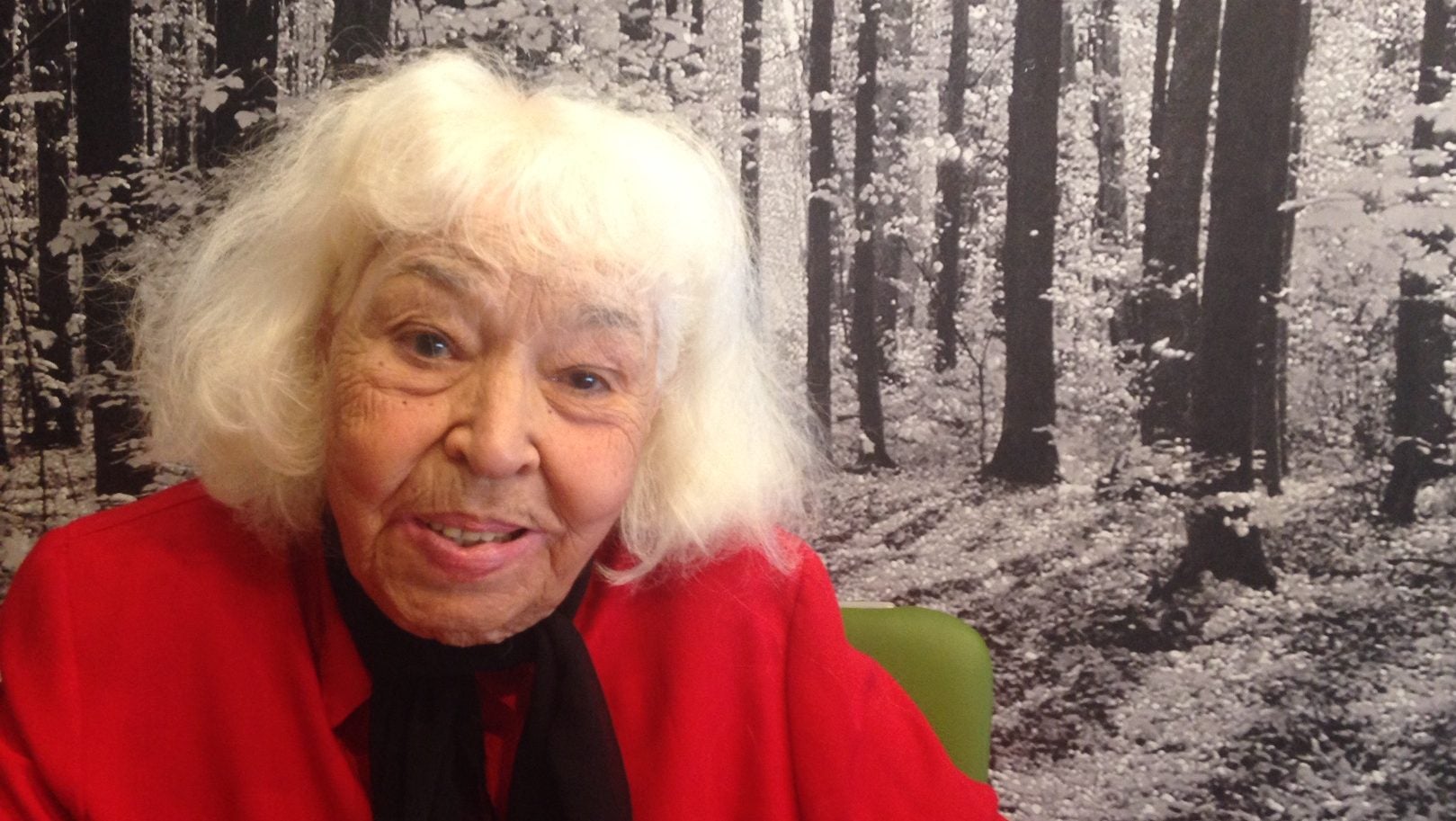Egyptian feminist Nawal El Saadawi showed a generation of female writers how to be fierce
“They said, ‘you are a savage and dangerous woman.’ I am speaking the truth. And the truth is savage and dangerous.” This line from the novel Woman at Point Zero, by Egyptian doctor, feminist and writer, Nawal El Saadawi, who recently passed away at 89, probably speaks best about the author’s pioneering life.


“They said, ‘you are a savage and dangerous woman.’ I am speaking the truth. And the truth is savage and dangerous.” This line from the novel Woman at Point Zero, by Egyptian doctor, feminist and writer, Nawal El Saadawi, who recently passed away at 89, probably speaks best about the author’s pioneering life.
Born in a village outside Cairo in 1931, El Sadaawi was forced to undergo female genital mutilation (FGM) at the age of six and was almost married at 10. Through determination and with a fighting spirit, she would eventually go on to become a medical doctor, women’s rights activist, and a novelist of more than 50 published titles.
In 1972, she lost her position as Egypt’s public health director after publishing Woman and Sex, a non-fiction book critical of FGM and sexual oppression. In 1981, she was arrested. She used her time in jail to write her memoir on toilet paper. She was forced to flee Egypt a few times, spending some years of exile in the US teaching.
El Sadaawi inspired many women, with tributes following her passing from Turkish author Elif Shafak and Somali-American congresswoman Ilhan Omar. But perhaps her greatest legacy is in the way she inspired female African writers, who saw their truths represented in her life story and work, and who dared to be more bold as a result.
Mirrored experiences
Young adult writer Namina Forna is one of only a handful of Sierra Leonean authors who has made it to the NYT bestsellers list. She says that her recently released pioneering feminist fantasy novel, The Gilded Ones, would likely never have been written if it wasn’t for the time she spent as a student of El Saadawi at Spellman College, a historically Black women’s liberal arts college in Atlanta, Georgia.
“She was a fierce, small woman,” Forna recently wrote, “Her works were the first in which I saw my own culture mirrored. Similar to me, here was someone who understood what it meant to grow up with the threat of female genital mutilation, to live in a patriarchy so complete, people didn’t even pretend you were near to equal. She and I would have conversations after class and she was quick to correct me because I was so timid, always shrinking, but she had learned how to be fierce, and she wanted the same for me.”
Forna especially remembers El Saadawi as a professor who wanted her students to question everything. This is a quality that El Saadawi maintained from childhood. In El Sadaawi’s own words, “I became a feminist when I was a child—when I started to ask questions to become aware that women are oppressed and feel discrimination.”
Forna remembers herself too as an inquisitive child, but one who eventually stopped asking questions, as adults told her to accept things as they were. Meeting El Saadawi allowed her to reignite this part of her that she channels into The Gilded Ones. The novel’s 16-year-old protagonist Deka lives in a fictional patriarchal society called Otera, which forces girls to participate in a bleeding ceremony before they are allowed to become fully participating members of their community.
Throughout her career, El Sadaawi was completely trampled upon by the state, and stifled by the patriarchy. In her work, she “led a literary coup against Egypt’s heavy-handed patriarchal society,” writes John Mwazemba for Kenya’s the Nation. “She wrote not only about pastoral swoonings and picaresque adventures but also about the brutal reality of living in an oppressive society.”
Her recent passing was met by a deafening silence by publications throughout the African continent and harsh criticism in the Arab world, given her longstanding views on religion and its role in oppressing women. Yet her legacy will live on in those who have been inspired by her words, like Forna—emboldened to write their own truth after years of being silenced.
Sign up to the Quartz Africa Weekly Brief here for news and analysis on African business, tech, and innovation in your inbox.